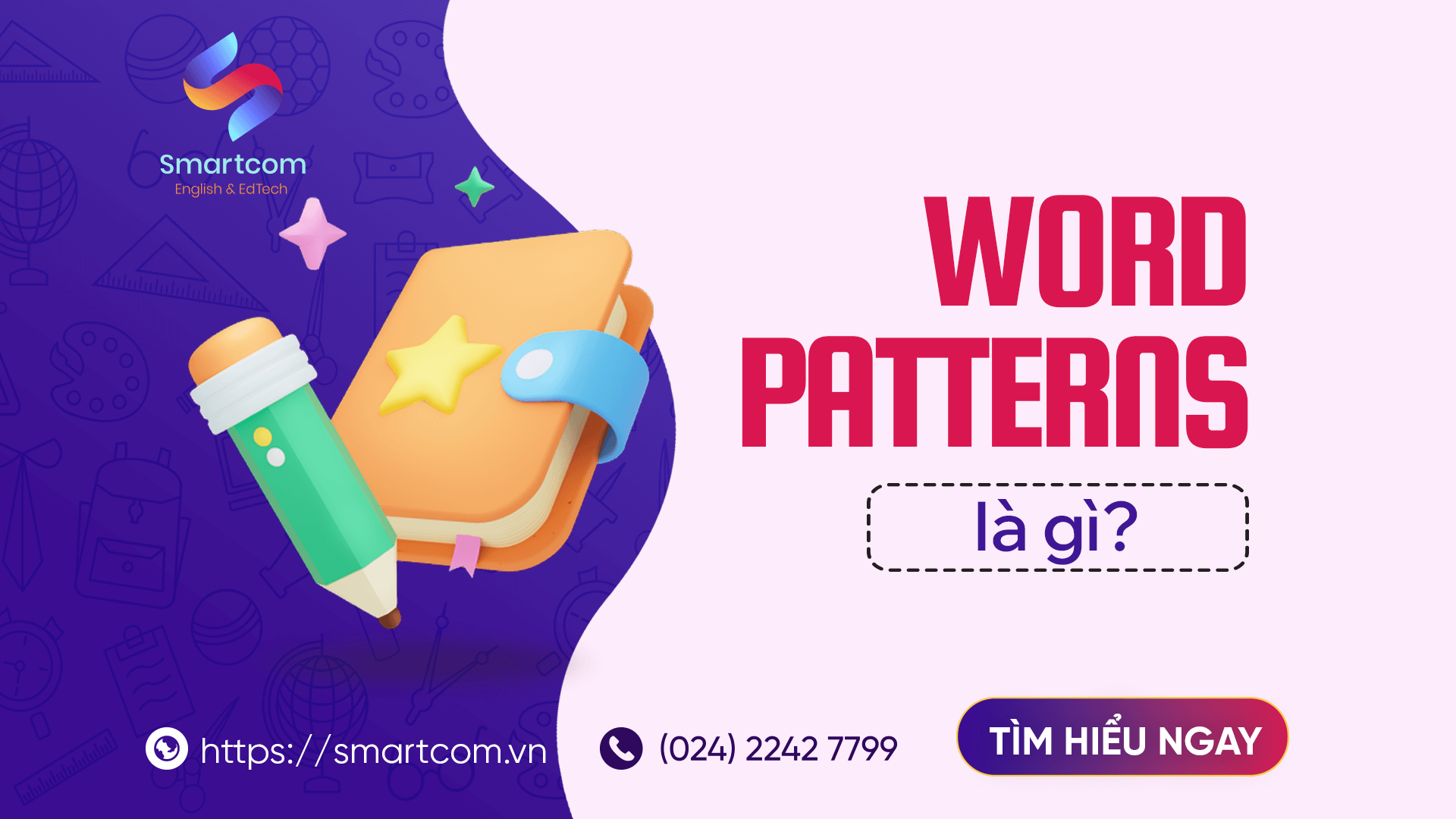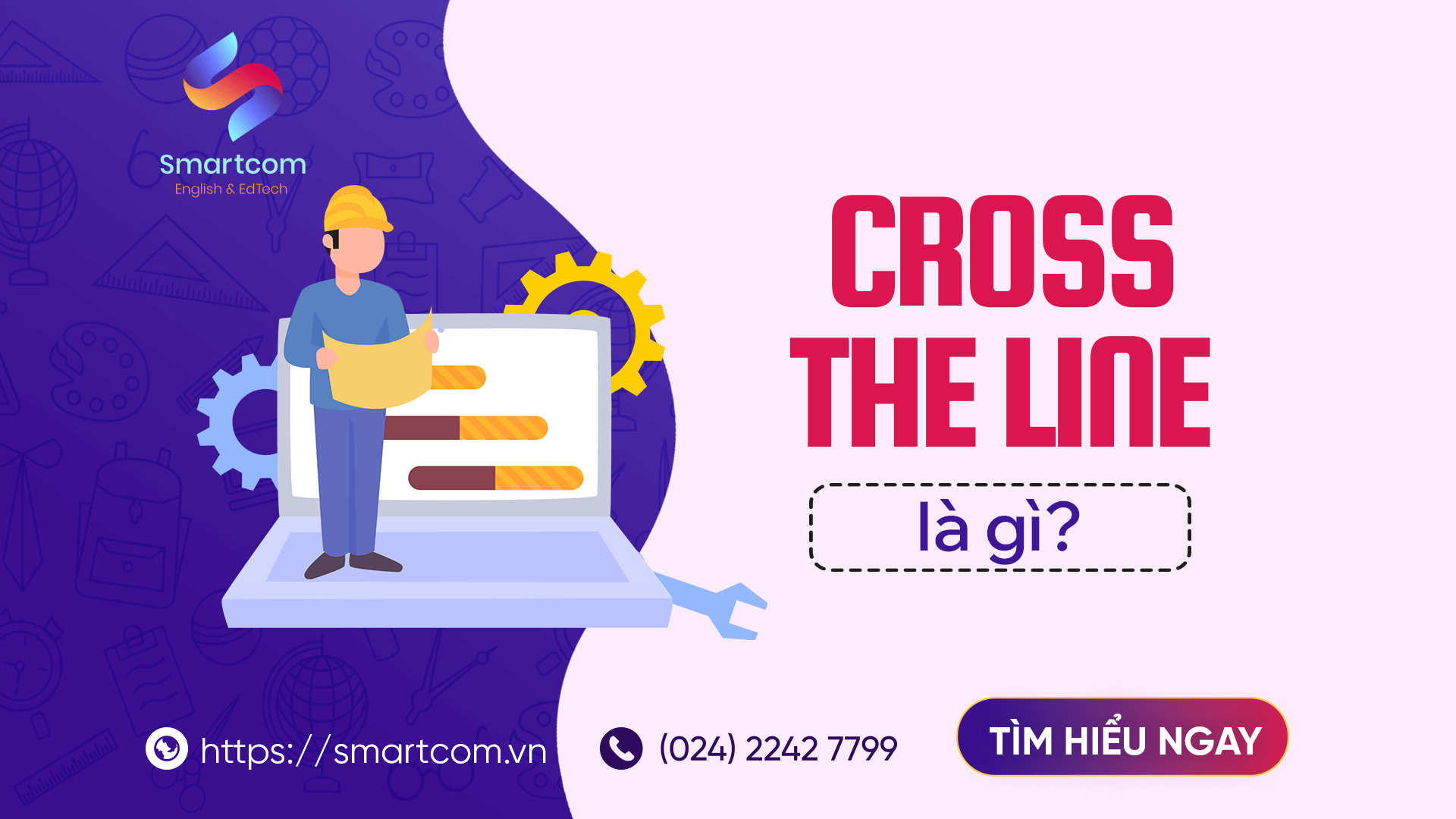Đội ngũ chuyên gia tại Smartcom English là tập hợp những chuyên gia đầu ngành trong lĩnh vực IELTS nói riêng và tiếng Anh nói chung. Với phương pháp giảng dạy sáng tạo, kết hợp với công nghệ AI, chúng tôi mang đến những trải nghiệm học tập độc đáo và hiệu quả. Mục tiêu lớn nhất của Smartcom Team là xây dựng một thế hệ trẻ tự tin, làm chủ ngôn ngữ và sẵn sàng vươn ra thế giới.
The main purpose of school is to turn children into good citizens and workers, rather than to benefit children as individuals. To what extent do you agree or disagree?
IDP – IELTS Computer-delivered test – August 24th, 2024
Bạn đang tìm kiếm gợi ý để hoàn thiện bài viết IELTS Writing Task 2? Đừng bỏ lỡ bài giải đề IELTS Writing task 2 thi máy IDP ngày 24/8/2024.
Dịch đề bài: Mục đích chính của trường học là đào tạo trẻ em trở thành những công dân tốt và người lao động có ích, hơn là tập trung vào lợi ích cá nhân của từng trẻ. Bạn đồng ý hay không đồng ý với quan điểm này?

Xem thêm: Dạng bài Agree or Disagree trong IELTS Writing Task 2
Hướng dẫn chiến thuật làm bài
Bước 1: Xác định rõ yêu cầu của đề bài
Yêu cầu: Đề bài yêu cầu bạn đưa ra quan điểm đồng ý hoặc không đồng ý về mục đích chính của trường học.
Góc nhìn: Bạn cần phân tích và đưa ra các lý lẽ để chứng minh quan điểm của mình.
Cân nhắc cả hai mặt: Mặc dù bạn chỉ cần chọn một quan điểm, nhưng việc cân nhắc cả hai mặt tích cực và tiêu cực sẽ giúp bài viết của bạn trở nên thuyết phục hơn.
Bước 2: Lên dàn ý bài viết
Mở bài:
- Giới thiệu vấn đề: Nêu lên tầm quan trọng của giáo dục và vai trò của trường học trong xã hội.
- Luận điểm: Trình bày rõ ràng quan điểm của bạn về mục đích chính của trường học.
Thân bài:
- Lý do đồng ý (nếu chọn quan điểm này):
Schools play a crucial role in shaping students’ character and morals.
Schools equip students with the necessary skills to become productive citizens and workers.
Schools help students integrate into society and contribute to their communities.
- Hoặc lý do không đồng ý (nếu chọn quan điểm này):
The goal of education should include the holistic development of the individual, not just societal benefits.
Students should be equipped with the knowledge and skills to pursue their personal goals.
Schools should provide opportunities for students to explore themselves and develop their interests.
- Lý do đối lập (nếu có):
Nhận biết và phản bác các ý kiến trái ngược.
Kết bài:
Tóm tắt lại các ý chính: Nhắc lại những điểm quan trọng đã trình bày ở thân bài.
Khẳng định lại quan điểm: Khẳng định lại quan điểm của bạn một lần nữa.
Kết luận mở rộng: Đề xuất các giải pháp hoặc hướng đi cho giáo dục trong tương lai.
Tư duy và kiến thức về chủ đề
- Vai trò của trường học:
Truyền đạt kiến thức
Hình thành nhân cách
Chuẩn bị cho cuộc sống
Phát triển kỹ năng
- Lợi ích cá nhân và lợi ích xã hội:
Cân bằng giữa hai yếu tố này
Sự phát triển cá nhân có thể góp phần vào sự phát triển của xã hội
- Thách thức trong giáo dục:
Áp lực học tập
Thiếu sự sáng tạo
Khung chương trình cứng nhắc
Bài luận hoàn thiện
The role of education in shaping individuals and societies is a topic of perennial debate. While some argue that the primary purpose of schooling is to produce well-rounded citizens and productive members of society, others contend that the focus should be on the individual needs and aspirations of each student. While both perspectives hold merit, I believe that a balanced approach that considers both societal and individual goals is essential for a fulfilling education.
Undoubtedly, schools play a crucial role in preparing students for their future roles as citizens and workers. By teaching students about their civic duties, fostering a sense of community, and equipping them with the skills necessary to succeed in the workforce, schools help to create responsible and productive members of society. Furthermore, schools can instill in students a sense of social responsibility and a desire to contribute positively to their communities.
However, it is equally important to recognize that education should not be solely focused on preparing students for the workforce. Each student is unique and possesses a diverse range of talents, interests, and aspirations. By neglecting the individual needs of students, schools risk stifling creativity, curiosity, and a love of learning. A well-rounded education should foster critical thinking, problem-solving skills, and a lifelong passion for learning.
To strike a balance between societal and individual goals, schools should adopt a more holistic approach to education. This would involve creating a curriculum that not only prepares students for the workforce but also encourages them to explore their passions and develop their unique talents. Additionally, schools should foster a supportive learning environment that encourages students to take risks, make mistakes, and learn from their experiences.
Number of words: 317
Từ vựng trong bài luận
perennial /pəˈreniəl/ – adjective – lâu đời, thường xuyên
primary /ˈpraɪmeri/ – adjective – chính, chủ yếu
schooling /ˈskuːlɪŋ/ – noun – việc đi học
well-rounded /wɛlˈraʊndɪd/ – adjective – toàn diện
contend /kənˈtɛnd/ – verb – cho rằng, khẳng định
aspiration /ˌæspəˈreɪʃn/ – noun – khát vọng, nguyện vọng
perspective /pərˈspektɪv/ – noun – quan điểm, góc nhìn, triển vọng
merit /ˈmɛrɪt/ – noun, verb – giá trị, xứng đáng
approach /əˈproʊtʃ/ – noun/verb – cách tiếp cận, phương pháp
societal /səˈsaɪətl/ – adjective – thuộc về xã hội
essential /ɪˈsɛnʃəl/ – adjective – thiết yếu, cần thiết
fulfilling /fʊlˈfɪlɪŋ/ – adjective – mang lại sự hài lòng, thỏa mãn
crucial /ˈkruːʃəl/ – adjective – quan trọng, quyết định
civic /ˈsɪvɪk/ – adjective – của công dân, công cộng
foster /ˈfɑːstər/ – verb – nuôi dưỡng, thúc đẩy
instill /ɪnˈstɪl/ – verb – truyền cảm hứng, thấm nhuần
solely /ˈsoʊlli/ – adverb – chỉ, duy nhất
diverse /dɪˈvɜːrs/ – adjective – đa dạng
neglect /nɪˈɡlɛkt/ – verb – bỏ qua, lơ là
stifle /ˈstaɪfl/ – verb – kìm hãm, dập tắt
critical thinking /ˈkrɪtɪkəl ˈθɪŋkɪŋ/ – noun phrase – tư duy phản biện
problem-solving /ˈprɑbləm ˈsɑːlvɪŋ/ – noun phrase – giải quyết vấn đề
lifelong passion /ˈlaɪflɔːŋ ˈpæʃn/ – noun phrase – niềm đam mê suốt đời
holistic /həˈlɪstɪk/ – adjective – toàn diện
curriculum – /kəˈrɪkjələm/ – noun – chương trình giảng dạy
unique /juːˈniːk/ – adjective – độc đáo, duy nhất
USEFUL EXPRESSIONS
play a crucial role in /pleɪ ə ˈkruːʃəl roʊl ɪn/ – đóng vai trò quan trọng trong
equip with /ɪˈkwɪp wɪθ/ – trang bị với
instill in /ɪnˈstɪl ɪn/ – truyền cảm hứng, thấm nhuần vào
contribute to /kənˈtrɪbjuːt tuː/ – đóng góp vào
focus on /ˈfoʊkəs ɒn/ – tập trung vào
neglect the individual needs of /nɪˈɡlɛkt ðə ˈɪndɪvɪdʒuəl niːdz əv/ – bỏ qua nhu cầu cá nhân của
foster a sense of /ˈfɑːstər ə sɛns əv/ – nuôi dưỡng cảm giác về
strike a balance between /straɪk ə ˈbæləns bɪˈtwiːn/ – cân bằng giữa
adopt a holistic approach /əˈdɑpt ə hoʊˈlɪstɪk əˈproʊtʃ/ – áp dụng một cách tiếp cận toàn diện
explore their passions /ɪkˈsplɔːr ðɛər ˈpæʃənz/ – khám phá đam mê của họ
develop their unique talents /dɪˈvɛləp ðɛər juːˈniːk ˈtælənts/ – phát triển tài năng độc đáo của họ
foster a supportive learning environment /ˈfɑːstər ə səˈpɔːrtɪv ˈlɜːrnɪŋ ɪnˈvaɪrənmənt/ – nuôi dưỡng một môi trường học tập hỗ trợ
take risks /teɪk rɪks/ – chấp nhận rủi to
make mistakes /meɪk mɪˈsteɪks/ – mắc lỗi
learn from experiences /lɜːrn frəm ɪkˈspɪəriənsɪz/ – học hỏi từ kinh nghiệm
Xem thêm: Giải đề IELTS Writing task 2 thi giấy ngày 14/9/2024
Bây giờ là lúc bạn vận dụng những kiến thức đã học để thực hành viết luận tiếng Anh. Hãy thử sức với nhiều đề bài khác nhau để nâng cao kỹ năng của mình nhé!
Nếu bạn đang tìm kiếm nơi học IELTS ở đâu tốt mà vẫn đảm bảo chi phí học IELTS hợp lý? Smartcom English là nơi dành cho bạn với các khóa học được cá nhân hóa, phù hợp với từng mục tiêu và năng lực.
Kết nối với mình qua
Bài viết khác

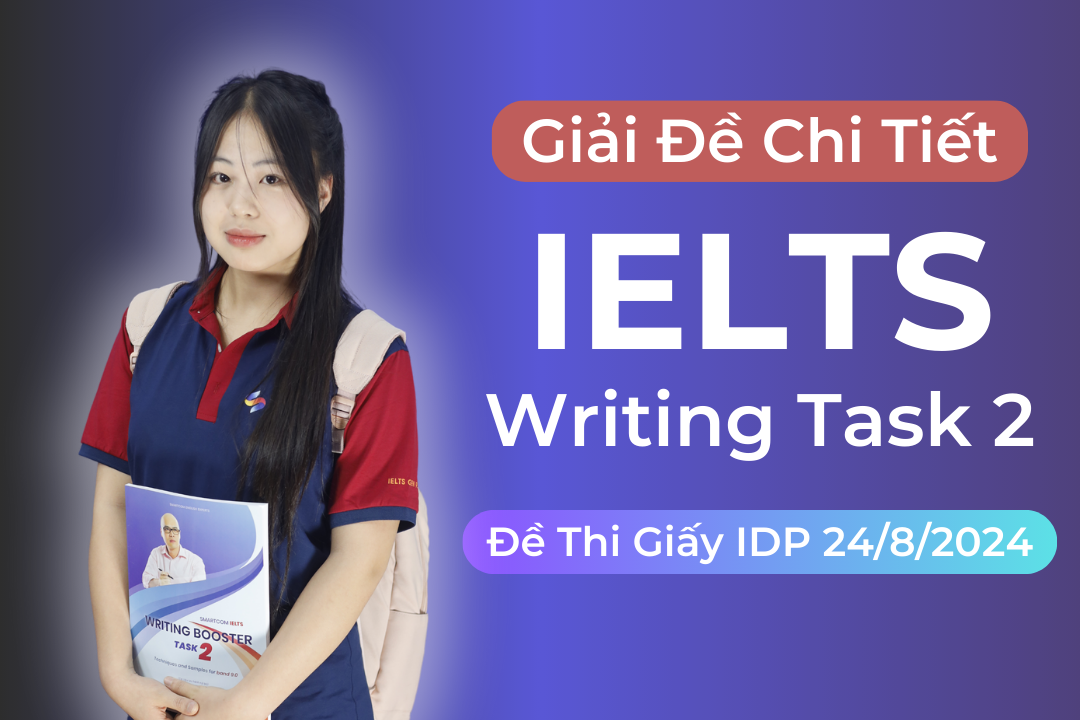
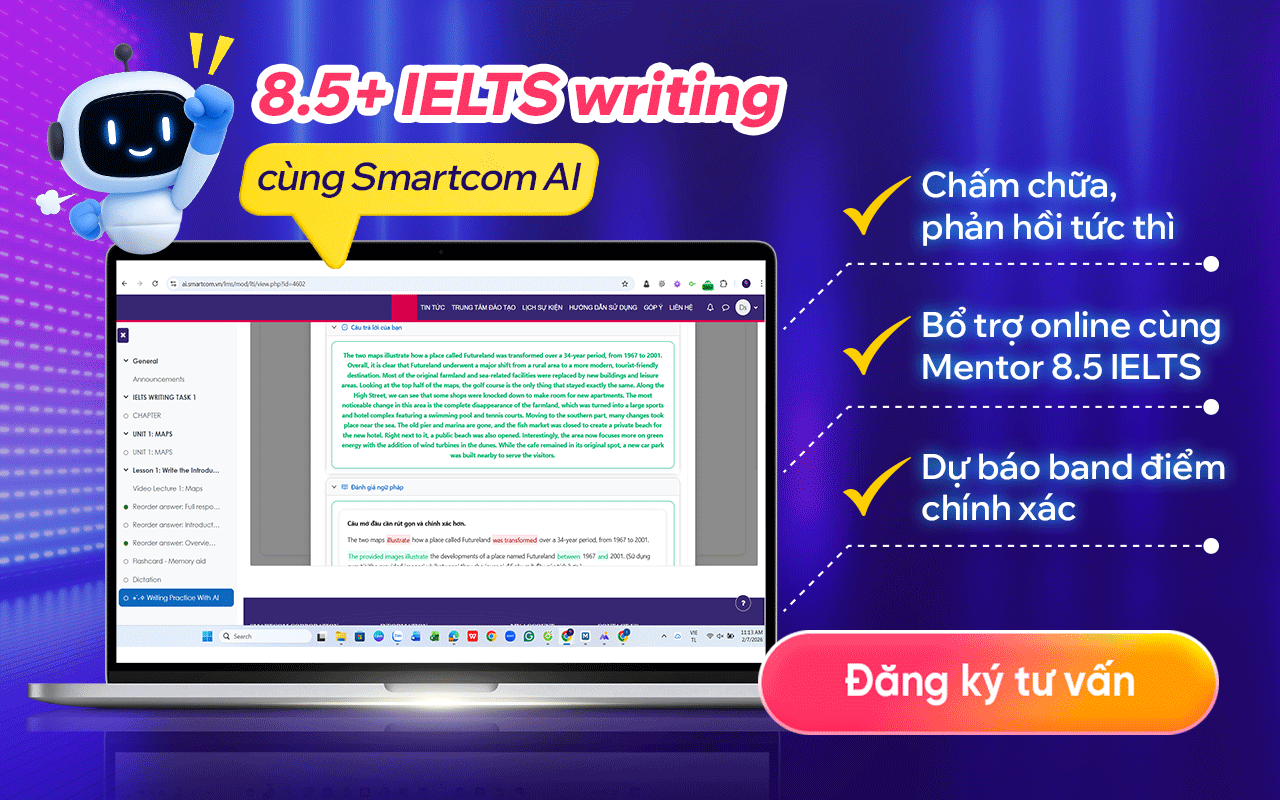
![[PDF + Audio] Tải Sách IELTS Cambridge 19 (Kèm đáp án)](https://smartcom.vn/blog/wp-content/uploads/2024/06/ielts-cambridge-19_optimized.png)

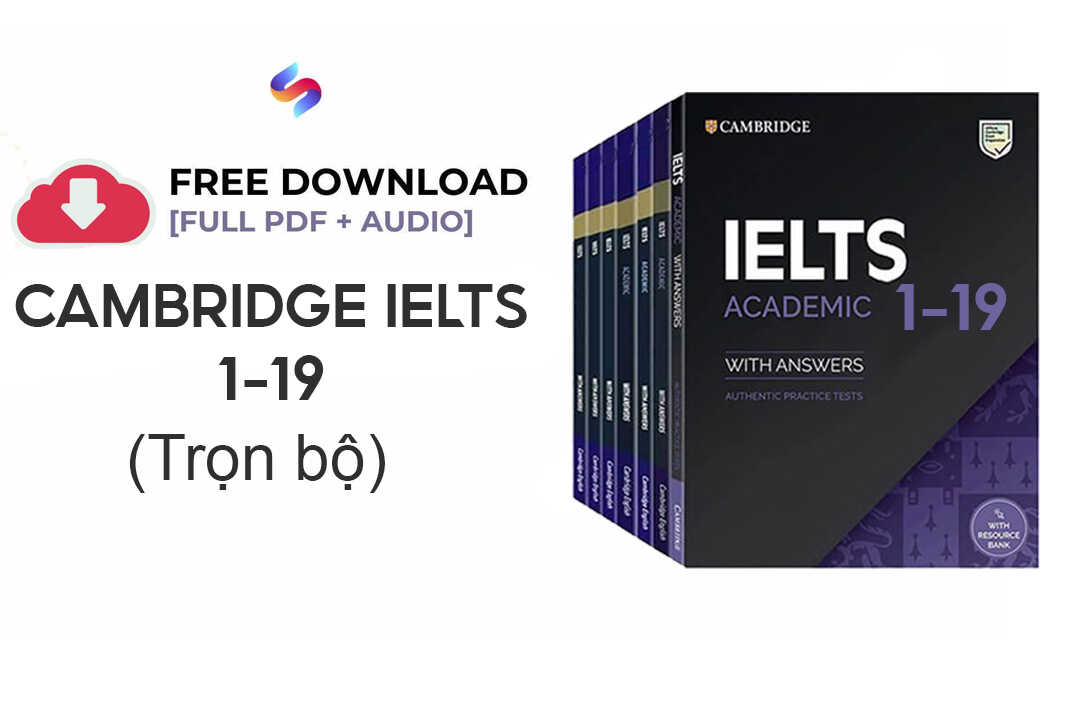
![[PDF + Audio] Tải Sách IELTS Cambridge 17 (Kèm đáp án)](https://smartcom.vn/blog/wp-content/uploads/2024/07/sach-ielts-cambridge-17_optimized.jpg)
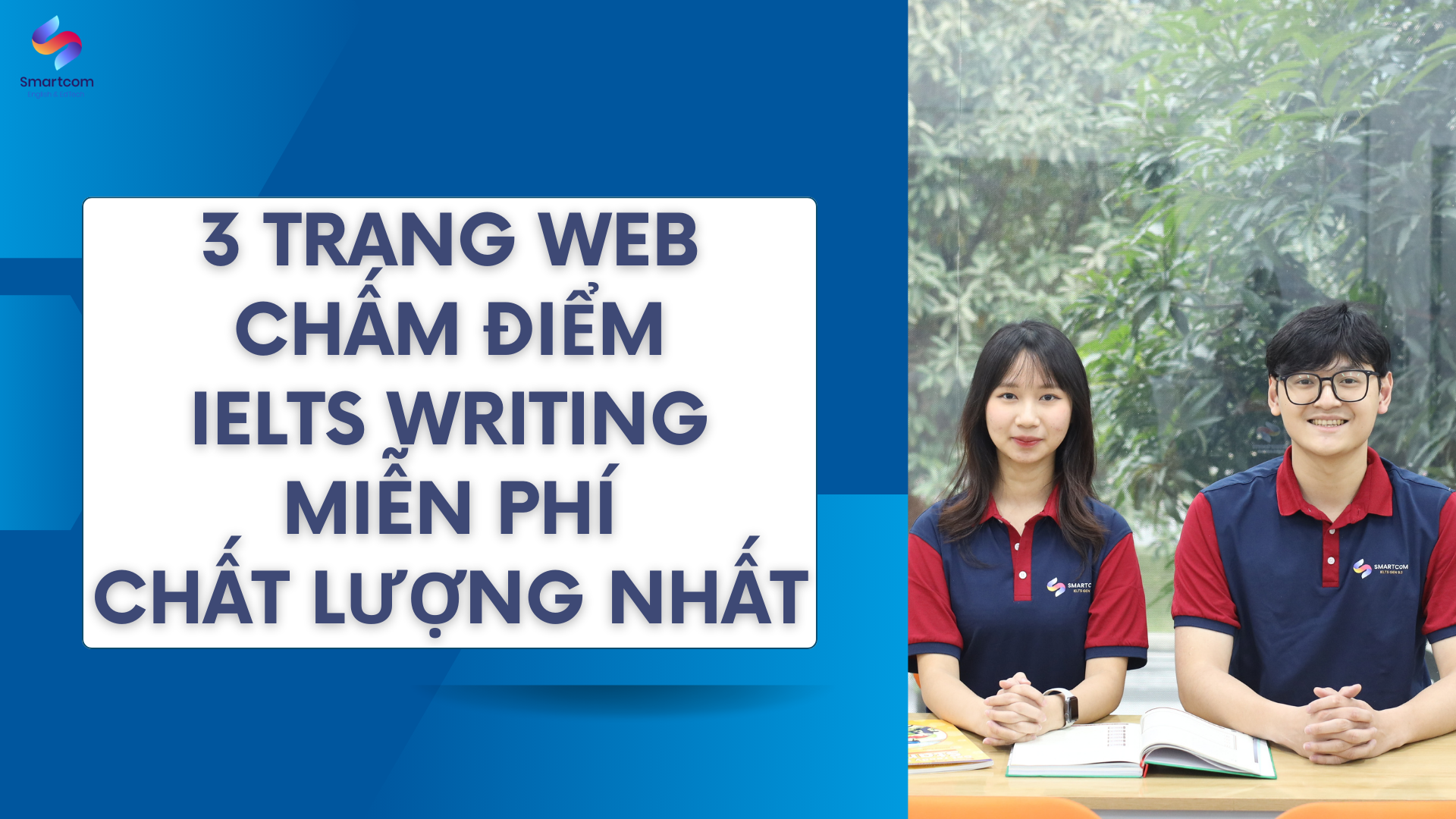
![[PDF + Audio] Tải Sách IELTS Cambridge 15 (Kèm đáp án)](https://smartcom.vn/blog/wp-content/uploads/2024/07/ielts-cambridge-15_optimized.jpg)






